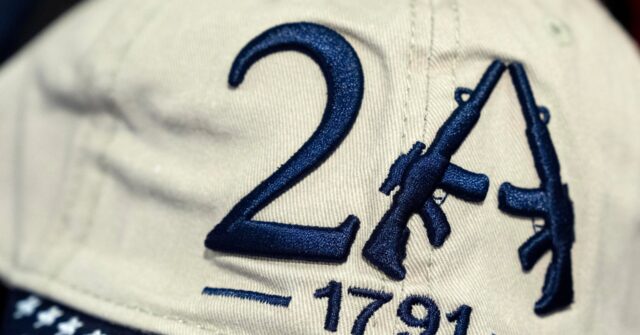The Second Amendment of the United States Constitution does not establish a new right to keep and bear arms; instead, it protects a pre-existing, inherent right that individuals possess by virtue of being created by God. This perspective aligns with the foundational beliefs of early American leaders, including James Madison, who was instrumental in drafting the Bill of Rights, where such rights were conceptualized as natural rights. The Second Amendment declares, “A well regulated militia, being necessary to the security of a free state, the right to keep and bear arms, shall not be infringed,” highlighting the essential nature of arms in the preservation of liberty, security, and self-governance.
Historically, the right to bear arms transcends the formation of the United States itself, dating back to the colonial era and pre-dating the constitution. It reflects a commitment to defend oneself, one’s family, and one’s community without the encroachment of an overreaching government. Thomas Jefferson affirmed the timeless nature of such rights when he proclaimed that all men are created equal, endowed with “certain unalienable Rights, that among these are Life, Liberty and the pursuit of Happiness.” These fundamental rights encompass various aspects of human existence, including the security afforded through the right to bear arms.
The Second Amendment serves as a safeguard against potential governmental infringement on this pre-existing right. Madison and other founding fathers recognized the importance of ensuring that citizens could protect themselves and their freedoms from tyranny. This historical context emphasizes the need for an amendment that prevents governmental encroachments on rights that were already acknowledged as inherent to human existence. The perspective that the right to bear arms existed prior to the establishment of the U.S. illustrates the intention to protect liberties during a time when government power could easily threaten those freedoms.
Alex Hamilton’s insights in Federalist 84 reinforce this notion, as he argued that a Bill of Rights might be unnecessary and potentially dangerous. Hamilton believed that defining certain rights could inadvertently lead to the overextension of government powers and an erosion of liberties. He contended that the assertion of guaranteed rights could serve as a pretext for infringing upon those not explicitly mentioned. His argument highlights the importance of recognizing that rights, including the right to bear arms, are inherent and do not require constitutional recognition to exist.
Asserting that the right to keep and bear arms is an innate right, rather than one created by the Constitution, serves to empower individuals by reminding them of their historical legacy. Recognizing this legacy fosters a sense of responsibility among citizens to preserve their rights against any governmental threats. The conviction that the right to bear arms is unalienable emphasizes the importance of upholding these rights in the face of potential infringement, ensuring individuals can retain their personal autonomy and security.
In conclusion, the belief that the Second Amendment merely protects a right that has existed since before the formation of the United States is crucial in understanding the historical context of American freedoms. The advocacy for gun rights, as exemplified by voices like AWR Hawkins, reflects a larger ideological battle over personal liberties, government power, and the fundamental principles of freedom embodied in the Bill of Rights. By rightly asserting that the right to bear arms is intrinsic to human existence, supporters of the Second Amendment aim to preserve personal freedoms and promote a societal understanding of the importance of self-defense and national security.

